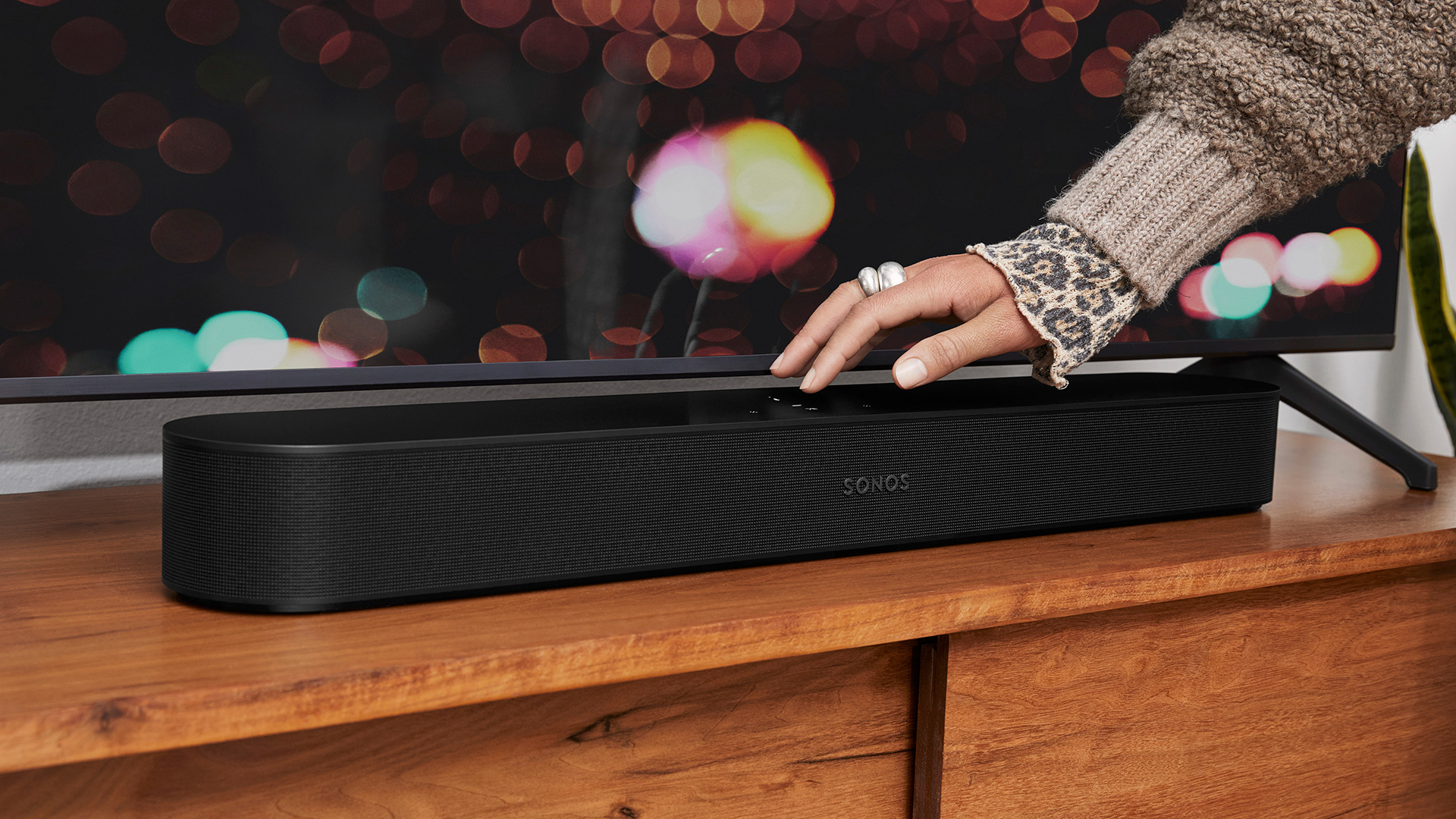
Get all the latest news, reviews, deals and buying guides on gorgeous tech, home and active products from the T3 experts
You are now subscribed
Your newsletter sign-up was successful
Apple calls it Spatial Audio; Sony, 360 Reality Audio. Dolby calls it Atmos. But whatever you want to call it, 3D audio is starting to sound like the future of music – and that means it's something to consider when you're looking at the best soundbars, the best headphones or the best TVs. If your hardware doesn't support 3D audio, you might be missing out on a whole dimension of music.
As the music industry experts at Music Ally spotted this week, there was a really interesting fact in Dolby's latest earnings call for investors. As CEO Kevin Yeaman told his listeners, "We have two-thirds of the top 100 Billboard artists that have one or more songs available in Dolby Atmos." Our colleague Kevin Lynch at Techradar was listening in, and notes that "Yeoman also highlighted how Atmos was now also beginning to be adopted in live music situations, highlighting R’n’B star Usher’s recent residency at the MGM venue in Las Vegas which featured 3D audio mixes."
We're seeing a double whammy with 3D audio: more and more artists are using it, and more and more hardware supports it. So you can listen to the newly released Lizzo album in Dolby Atmos on the newly released LG T90s, or Harry Styles in Spatial Audio on Apple's AirPods 3rd Gen, or Megan Thee Stallion's latest cut in 360 Reality Audio on Sony's WF-1000XM4. And that's just headphones. Atmos is everywhere in AV kit.
3D audio is everywhere – apart from Spotify
Amazon Music, Apple Music, TIDAL and many other streaming services offer Dolby Atmos music on their streaming services, and the audiophile service Qobuz has just announced a 3D audio team-up with THX to deliver tracks in 24-bit THX Spatial Audio. It's not exactly a huge catalogue – there are only three THX Spatial Audio titles on the service so far – but if 3D audio is moving into audiophile territory that's a big indication that it isn't a gimmick or a fad. The only significant holdout so far is Spotify.
I'm old enough to remember the hype around quadrophonic audio, the Pink Floyd-beloved system for four-speaker surround sound. It ultimately bombed for several reasons, one of which was that it cost a fortune for the appropriate hardware; there were also huge problems getting the tech to work reliably on vinyl, there were competing incompatible formats and few artists bothered with the tech. But now we're all digital, soundbarred and earbudded up, and mixing for Atmos is something you can do on a Mac with Logic Pro X, more epic audio looks like a winner this time round.
I hope so. When it's used well Dolby Atmos is brilliant: for example the Atmos remaster of REM's Automatic For The People is glorious, and acoustic music in particular is a real treat. The extra height and space of a decent Atmos mix makes music so much more immersive and lifelike. I can't wait to hear what my favourite artists do with it.
Get all the latest news, reviews, deals and buying guides on gorgeous tech, home and active products from the T3 experts

Writer, musician and broadcaster Carrie Marshall has been covering technology since 1998 and is particularly interested in how tech can help us live our best lives. Her CV is a who’s who of magazines, newspapers, websites and radio programmes ranging from T3, Techradar and MacFormat to the BBC, Sunday Post and People’s Friend. Carrie has written more than a dozen books, ghost-wrote two more and co-wrote seven more books and a Radio 2 documentary series; her memoir, Carrie Kills A Man, was shortlisted for the British Book Awards. When she’s not scribbling, Carrie is the singer in Glaswegian rock band Unquiet Mind (unquietmindmusic).
